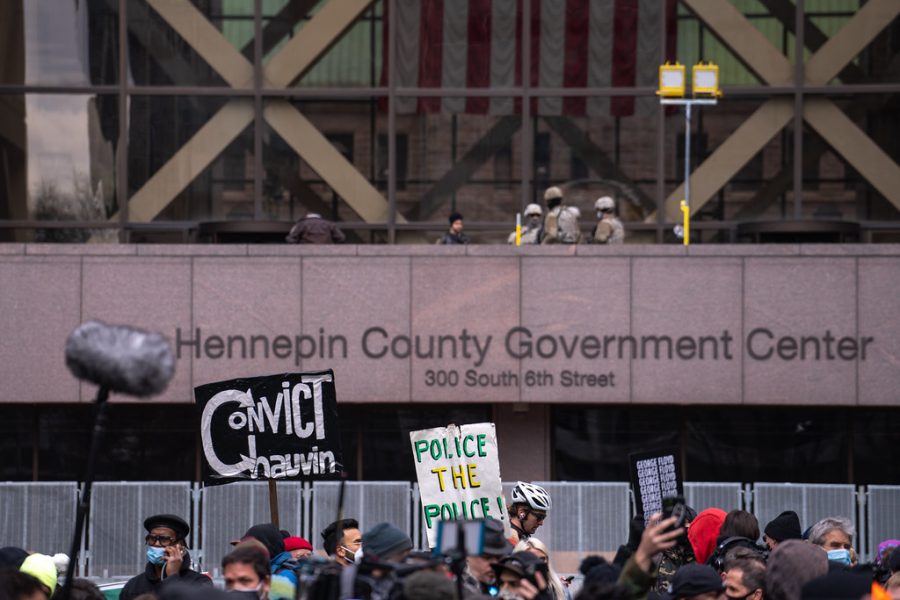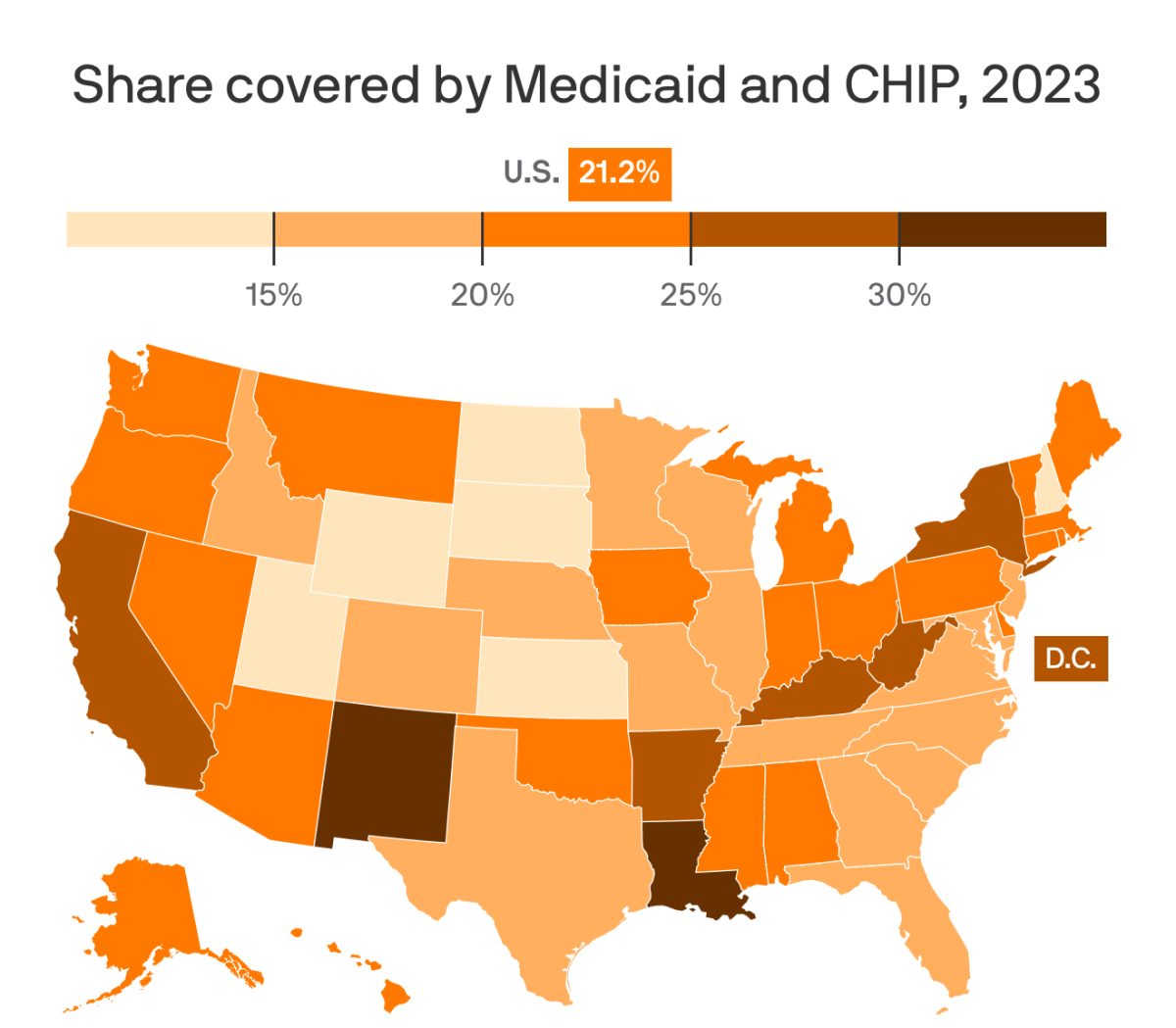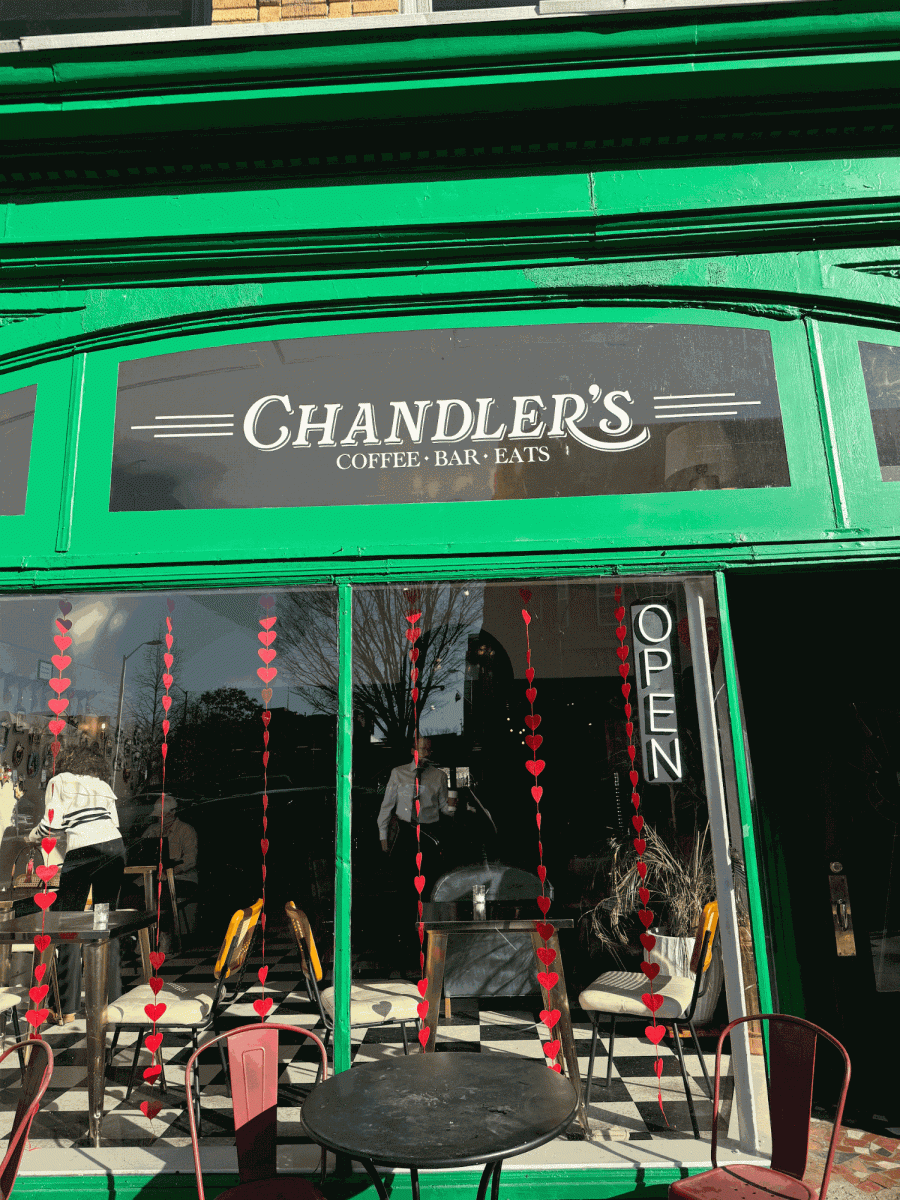The murder of George Floyd on May 25, 2020 triggered a movement. Now Derek Chauvin, the former Minneapolis police officer convicted of unintentional second degree murder believes his charges should be dropped.
Earlier this month Chauvin and his attorney William Mohrman argued that Chauvin did not receive a fair trial due to the publicity of the case. He is now requesting the murder charges be dropped, which has caused much unrest.
“I feel like if you did the crime you should pay the time no matter what,” said Alexix Mack, a freshman criminal justice student. “It makes me upset that he even feels like he can get this advantage. This just shows his white privilege.”
On that day, a local store owner had called the police on Floyd because he reportedly gave them a counterfeit bill and left the store. Floyd was then questioned by Minneapolis police officers, J. Alexander Kueng and Thomas Lane when they arrived on the scene.
Lane pulled his gun, told Floyd to place his hands on the wheel and began holstering his gun. Lane then proceeded to forcefully remove Floyd from his car and sat him on the sidewalk while they searched his car.
After searching the vehicle, the officers forcefully moved Floyd to a police car.
Attempting to place him in the officer’s car, Floyd had told the officers he was claustrophobic and did not want to enter.
Four officers ended up at the scene, one of them was Derek Chauvin, who had had 17 reported complaints. Tou Thoa, who had 6 reported complaints and had been sued for brutality, also arrived at the scene to assist Kueng and Lane.
When Floyd was placed in the vehicle, Chauvin dragged Floyd through the other side of the car and placed him face down on the street. In eyewitness videos, you can see Floyd faced down while Chauvin, Kueng, and Lane held him down and Thoa watched them do it.
While the officers were applying pressure to Floyd’s neck, torso, and legs, he started to cry out, “I can’t breathe. Please.” Although emergency medical services (EMS) was called, Chauvin kept his knee on Floyd’s neck for seven minutes. Floyd continued to cry out, “I can’t breathe.”
When EMS arrived, Chauvin kept his knee on Floyd’s neck for almost another minute. Floyd was quickly put in the ambulance and was taken a few blocks up due to the gathering crowd and unexpectedly life-threatening situations. EMS tried to stabilize him but his condition never changed. He was transported to Hennepin County Medical Center where he was pronounced dead at 9:25pm.
The four officers were fired from the Minneapolis Police Department and Chauvin was charged with third degree murder and manslaughter. Kueng, Lane, and Thao were all charged with aiding and abetting murder.
Keith Ellison, the Minnesota Attorney General, led the prosecution against Chauvin. Ellison filed a second degree murder charge on Chauvin along with the other three officers.
The trial started in March of 2021. Minneapolis citizens started to protest the murder Floyd and some protests turned violent. The court had decided that the courthouse was not safe enough for the trial. They moved it to a smaller venue at the county jail. Due to the smaller size of the room Chauvin faced trial alone, while the other three officers were put on trial at a later date.
Chauvin’s lawyer, Eric Nelson, had argued that Chauvin was not guilty because he was simply doing what he was trained to do. He claimed that since Floyd had resisted getting into the squad car his response was justified.
The prosecutor, Jerry Blackwell, presented the video evidence of Floyd on the street with Chauvin’s knee on his neck. Nelson had argued that the evidence is more than a video. Although, the more witness testimonies they had, the worse it made Chauvin look. The trial ended in April 2021, Chauvin was convicted of all charges.
“This justice we got for George Floyd took years to achieve,” said Sydney Prince, a sophomore liberal studies student. “However, the fight is still not over just because Derek Chauvin was prosecuted.”
William Mohrman, Chauvin’s lawyer for his appeal, told the panel of three judges,“Our primary argument here is that this case could not be tried in Minneapolis because of the pretrial publicity which was pervasive … and also just the physical pressure on the courthouse.”
If Chauvin is released some students feel it shows how prevalent White privilege is and the fight for justice persists. The panel that presided over his appeal will make a decision within 90 days. The decision should be announced approximately mid-April.







